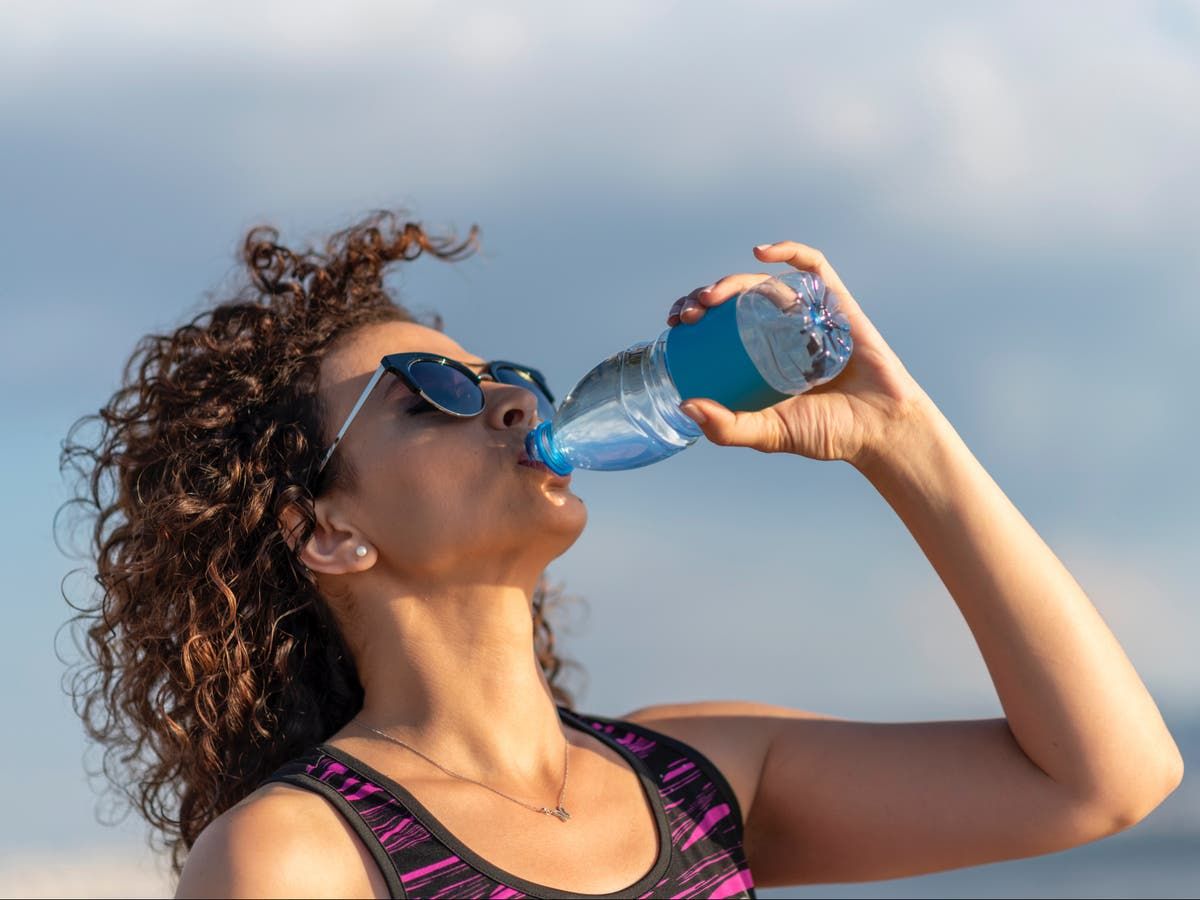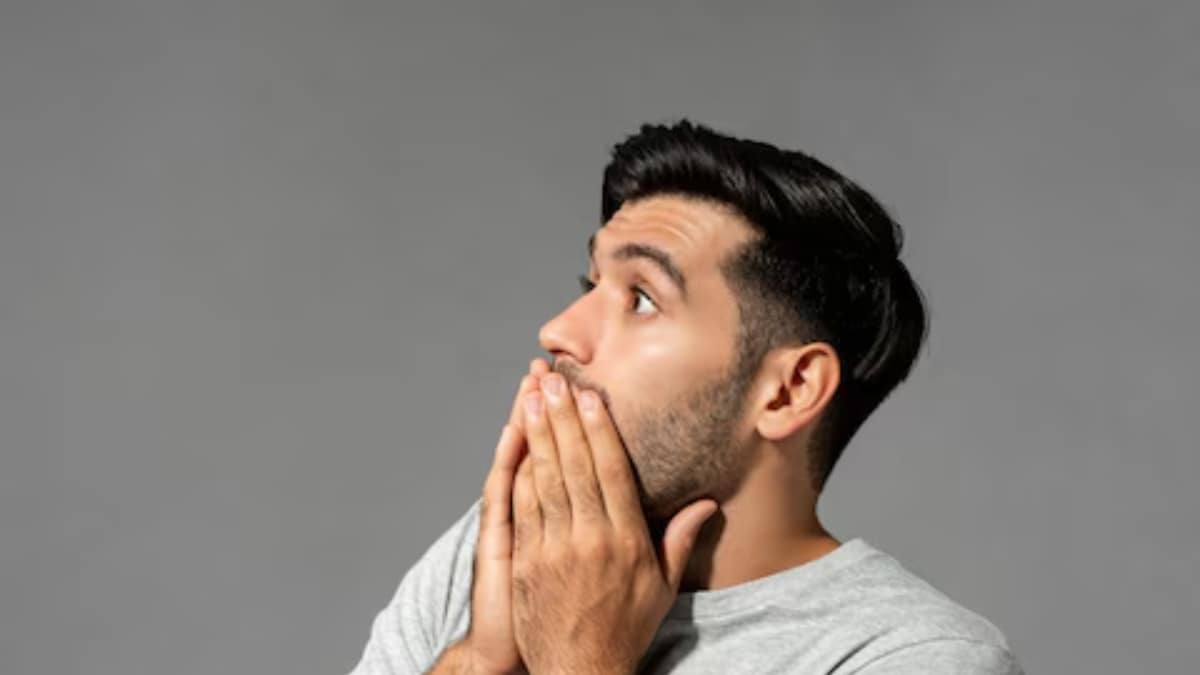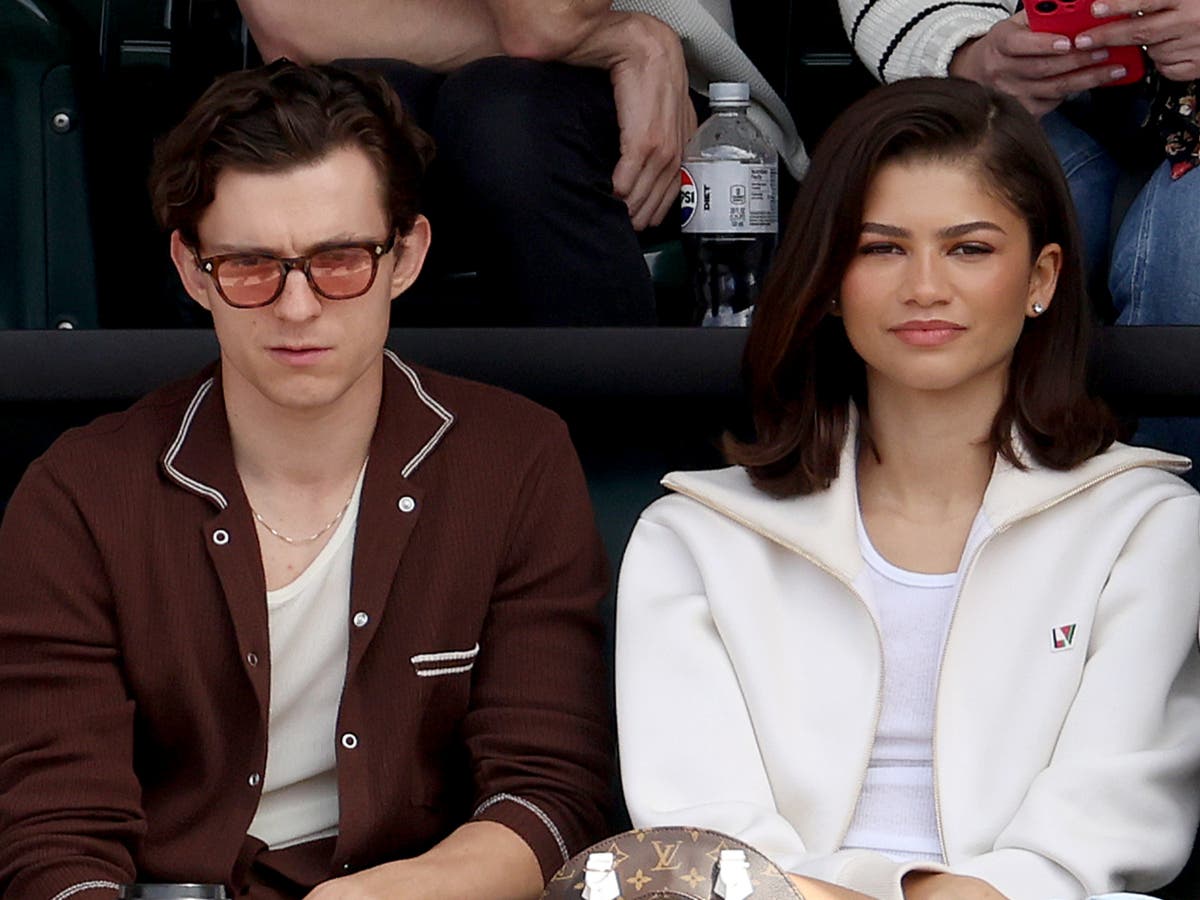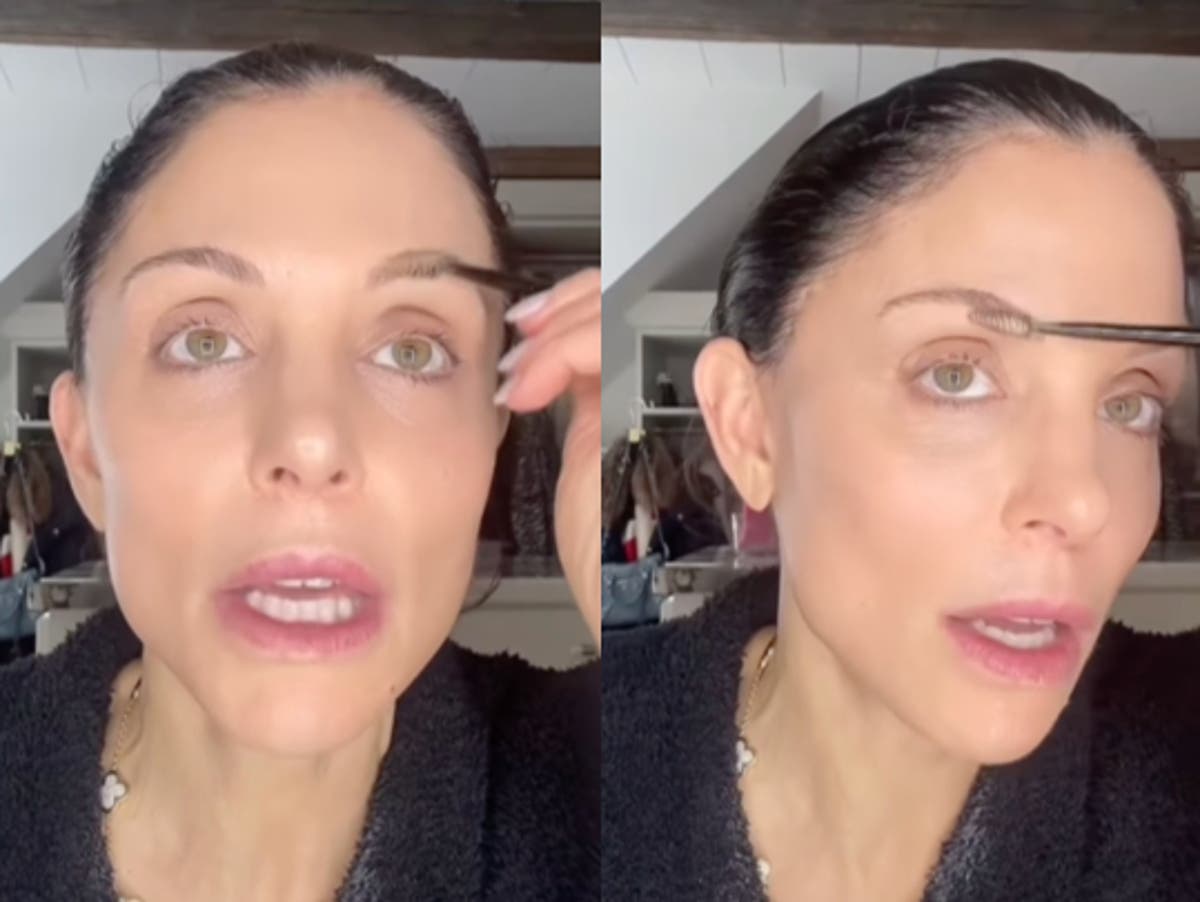Over the past week, areas of the United States have had higher than normal temperatures for the start of the summer season.
With temperatures rising each year, it is important to take care of our bodies more than ever by wearing sunscreen and drinking enough water to avoid dehydration. Typically, the National Health Service (NHS) recommends drinking between six and eight glasses of water a day, but this amount can fluctuate during summer and extreme heat.
But the U.S. National Academies of Sciences, Engineering, and Medicine has determined that an adequate daily fluid intake is 15.5 cups (3.7 liters) per day for men and 11.5 cups (2.7 liters) per day for women.
“When it's hot and especially if we exercise, our water needs increase,” Dr. Angela Rai, a general practitioner, previously said. The independent. “We need to drink up to about three liters a day on a hot day, however it is important to space this out throughout the day and not drink excessive amounts in one go.”
Several heat-related illnesses can occur if you do not consume enough water during the day, including: heat exhaustion, heat stroke, and heat cramps.
According to the Centers for Disease Control and Prevention (CDC), the number one tip is not to wait until you are thirsty to drink water, because at that point you are already low on fluids.
Feeling thirsty and having dark, strong-smelling urine are some of the early signs that you might be dehydrated. Other symptoms include feeling sluggish, feeling dizzy, or dry mouth.
While it's important to know if you're drinking enough water, the Mayo Clinic suggests that there's probably nothing wrong with a person's water intake if they rarely feel thirsty and their urine is clear or light yellow.
During hot weather on a regular basis, the organization recommends drinking eight ounces of water every 15 to 20 minutes and 24 to 32 ounces per hour.
However, there is a chance of becoming overhydrated if you drink more than 48 ounces of water per hour, which can cause the salt concentration in your blood to drop too low.
Another rule to follow is that the more a person sweats, the more water they need to drink. Overall, nothing beats plain water, but the hydration benefits are the same for sparkling water as well.
The drinks to avoid for hydration are energy drinks due to their high caffeine content and sometimes large amounts of sugar. Alcohol is also not recommended because it can cause dehydration.
If you want to stay hydrated but have difficulty drinking water, part of your daily fluid intake can come from eating fruits and vegetables with a high water content, such as cucumbers, tomatoes, celery, watermelon, zucchini, strawberries, lettuce, peaches and yoghurt.
Once you're no longer actively outside in the heat, it doesn't mean you can stop hydrating. The CDC notes that it may take several hours to drink enough water to completely replace what your body may have sweated, so it is recommended to continue drinking throughout the day to continue to lessen the possible effects of dehydration.












